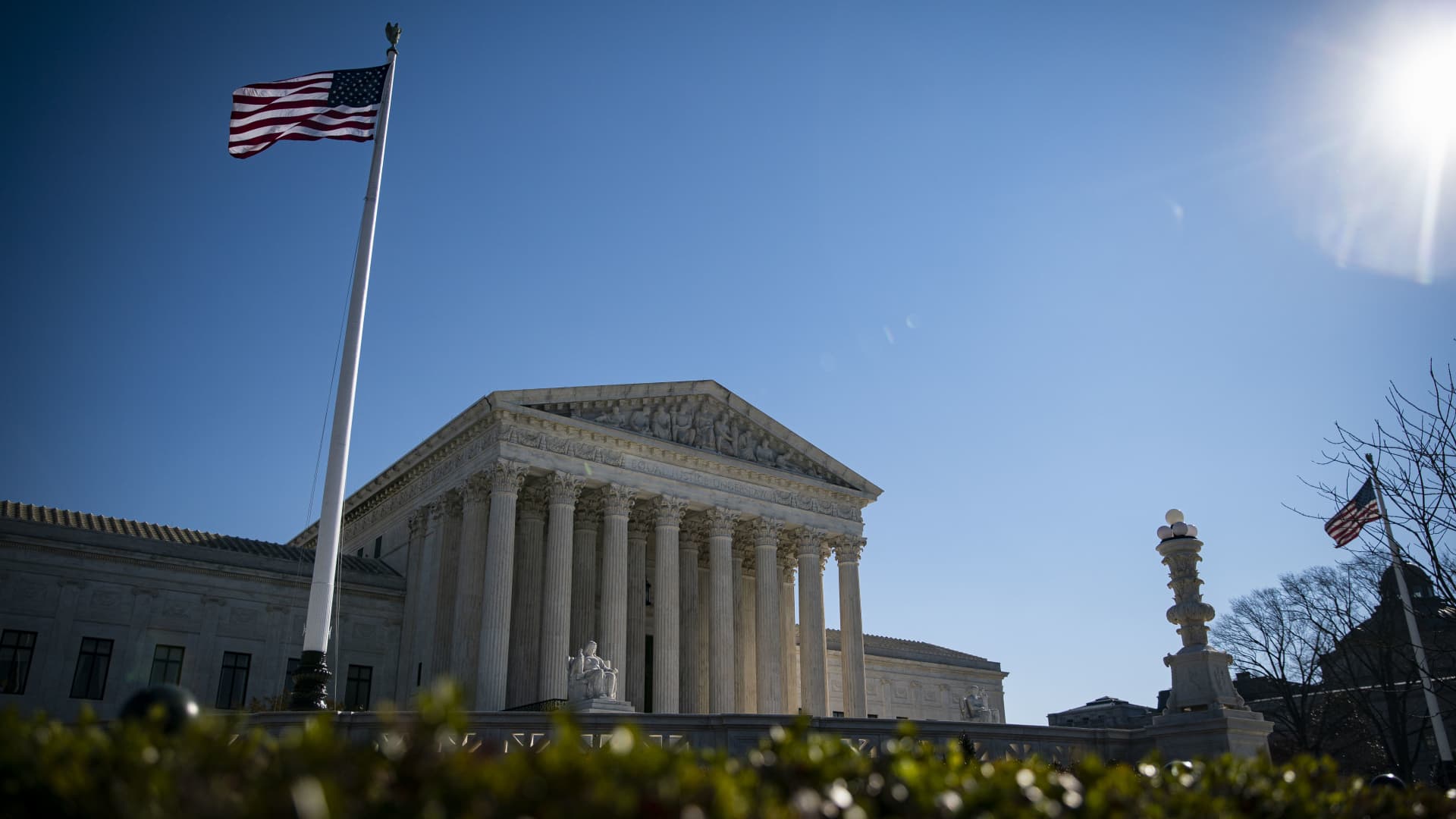
Efforts to expand a federal program for disabled, elderly and blind Americans suffered a setback on Thursday when the Supreme Court ruled that Puerto Rico residents should be excluded from receiving those benefits.
The program, called Supplemental Security Income, or SSI, currently provides monthly checks to about 7.7 million Americans who qualify. But because it is aimed at people with low income and few resources, the program comes with strict income and asset limit rules.
Some Congressional lawmakers have proposed updating the program, which has regulations that have not been updated since it was created in 1972.
Last year, the House of Representatives included one key change — expanding SSI to residents of U.S. territories — when it passed Democrats’ Build Back Better package.
More from Personal Finance:
What we learned from the Biden, Harris tax returns
Supreme Court rejects states’ challenge to SALT limit
The average tax refund this year and what you should do with yours
That change would include residents of Puerto Rico, Guam, the U.S. Virgin Islands and American Samoa. Residents of the Commonwealth of the Northern Mariana Islands are already eligible to receive SSI benefits.
However, that legislation has since stalled on Capitol Hill.
On Thursday, the Supreme Court upheld the federal law that denies Puerto Rico residents access to SSI benefits. A lower appeals court had previously ruled that excluding Puerto Rico residents from SSI was unconstitutional.
The Supreme Court’s ruling is a big blow to the estimated 436,000 people in Puerto Rico who may potentially qualify for SSI, according to Kathleen Romig, director of Social Security and disability policy at the Center on Budget and Policy Priorities.
“It would make a big difference to these people, because it’s people who are by definition poor and have very low savings,” Romig said. “Even having a few hundred dollars more a month could make an important difference.”
Puerto Rico residents may access a program called Aid to the Aged, Blind, and Disabled, or AABD, though it is a more limited than SSI, Romig noted.
Because Puerto Rico residents pay payroll taxes that help fund Social Security and Medicare, those who have enough earnings to qualify may also claim Social Security disability benefits.
However, SSI is funded through general revenue, which means Puerto Rico residents are not necessarily directly contributing to the program, an issue that came up during the Supreme Court’s debate.
Without access to SSI, some Puerto Rico residents may fall through the cracks when it comes to federal government benefits.
“There is this gap for people who don’t have a qualifying work history for Social Security, who qualify only for low benefits and would have supplemental benefits through SSI,” Romig said.
Moreover, because receiving SSI benefits often automatically qualifies recipients for Medicaid, it could make it more difficult for Puerto Rico residents to access health coverage, as well, she said.
“It’s inequitable to have American citizens, just because of their address, lose access to an important benefit,” Romig said of SSI.
There is also a “racial and ethnic inequity that is present when you exclude territories as opposed to the mainland,” she said.
This is a developing story. Please check back for updates.




